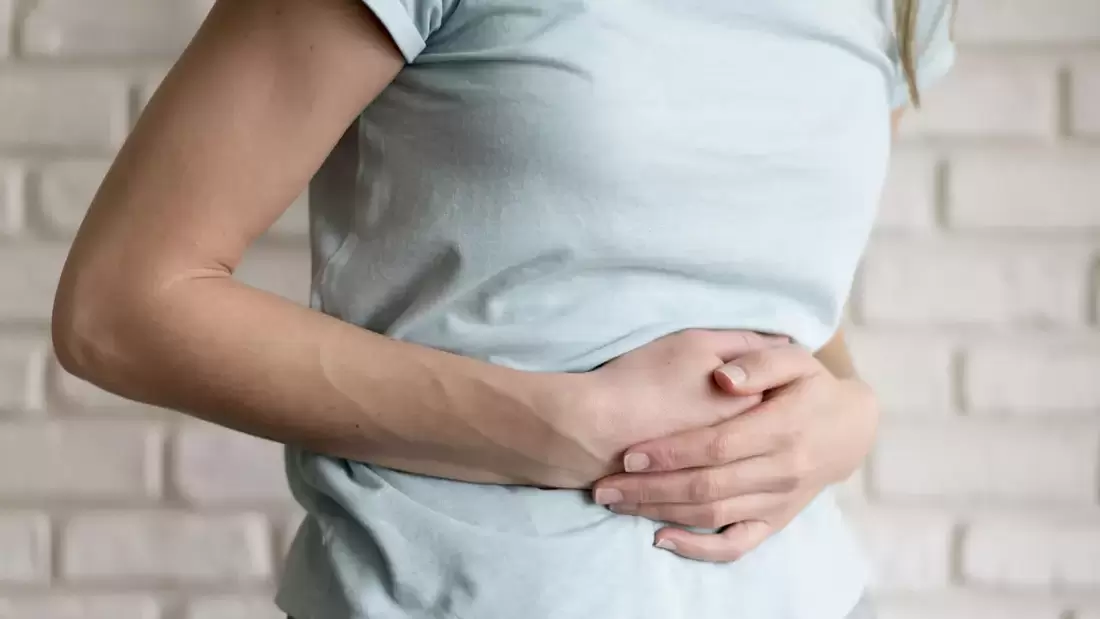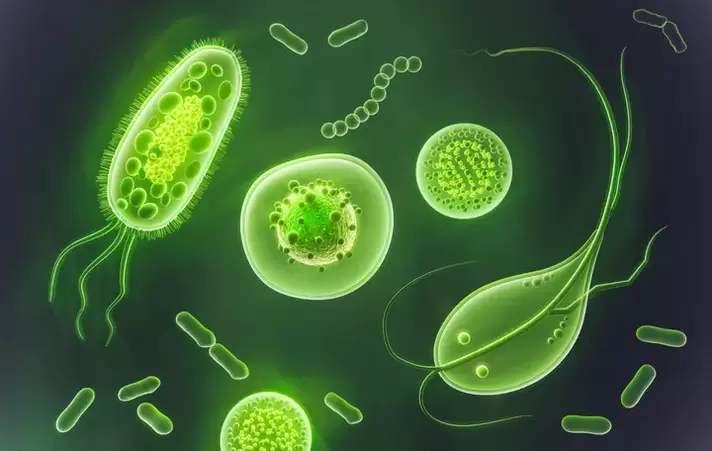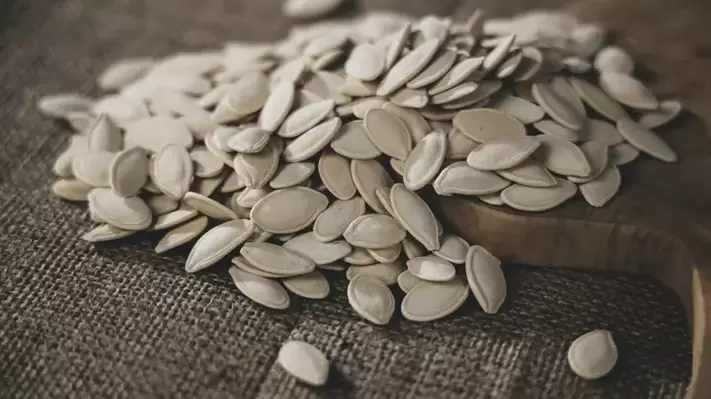
Intestinal parasitic infections are common in most parts of the world. Two types of parasites can live in the human body: helminths and protozoa. Helminths are multicellular worms. Nematodes (roundworms), cestodes (tapeworms) and trematodes (flatworms) are among the most common types of helminths found in the human intestine. Normally, helminths do not reproduce in the human body. Protozoan parasites, made up of only one cell, multiply in the human body.
Parasitic infections caused by intestinal helminths and protozoan parasites have become one of the most common infections in people in developing countries. In developed countries, protozoan parasites are more likely to cause gastrointestinal infections than helminths. WHO (World Health Organization) explains: Although the death rate from these infections is relatively low, complications are still common and many cases require hospital treatment.

According to the head of the parasitology laboratory, Rashidul Haque, the most common intestinal protozoan parasites are:
- Giardia intestinalis;
- Entamoeba histolytica;
- Cyclospora cayetanensis;
- Cryptosporidium spp.
The diseases caused by these intestinal protozoan parasites are respectively called giardiasis, amoebiasis, cyclosporiasis and cryptosporidiosis and their symptoms are diarrhea.
How to know if there are parasites in the body? Look out for the following symptoms:
- nausea;
- lack of appetite;
- diarrhea;
- stomach-ache;
- losing weight;
- general weakness.
In addition, tapeworms also cause:
- lumps under the skin;
- allergic reaction;
- high temperature;
- neurological problems such as seizures.
In many cases, the parasite has no symptoms in the body. Signs of their presence may take weeks or months to appear. However, if you have symptoms, you should consult your doctor. Parasites can cause damage throughout the body, from the brain to the liver.
Parasites contribute to inflammation, impaired immunity and trigger autoimmune diseases. Because parasites interfere with nutrient absorption, they interfere with normal growth and development in children. Worms cause anemia, intestinal obstruction and can affect other organs.
Ways to fight parasites
Some parasites leave the body on their own and do not require treatment, writes Dr. Minesh Khatri. In other cases, doctors prescribe over-the-counter medications to quickly address the cause of the problem. Parasitic infections are more difficult to treat.
How to clean the body from parasites with folk remedies? The author of a book about parasites, Anastasia Fadeeva, writes that the easiest way is to drink 10 glasses of salt water within an hour. Saline water is not absorbed through the intestinal wall like regular water but draws out the liquid. In this way, harmful residues will be removed, and at the same time parasites, because salt water has a laxative effect.
Such cleaning is contraindicated in cases of stomach ulcers, dysentery, diarrhea, acute colitis and intestinal cancer. To cleanse the intestines, an enema should be made using boiled water with apple cider vinegar and lemon juice (citric acid). You need to use 2-3 liters of water.
What should you eat to remove parasites from your body? According to nutritionist Katie Wong, parasites are sensitive to:
- strawberry;
- pumpkin or papaya seeds;
- garlic
Combine a high-fiber diet with effective colon cleansing supplements to cleanse the colon. These supplements include psyllium, beets, and flaxseed. However, these products should not be considered drugs. It is better not to use them to treat children.

Treat the child according to the doctor's recommendations, at home it is important to pay attention to the child's diet. There is evidence that diets rich in vitamin A, the minerals selenium and zinc can improve the body's natural defenses against parasites. It's important to drink plenty of kefir and yogurt containing probiotics, avoid raw meat and fish, and eat carrots, sweet potatoes, and zucchini (which contain beta-carotene).
Parasites cause damage to both adults and children. They disrupt metabolism, interfere with nutrient absorption, and cause infections. Some types of parasites leave the body on their own, but if you notice symptoms, consult your doctor and do not experiment with folk remedies.
Attention! This document is for informational purposes only. You should not use the treatments described here without first consulting your doctor.






































